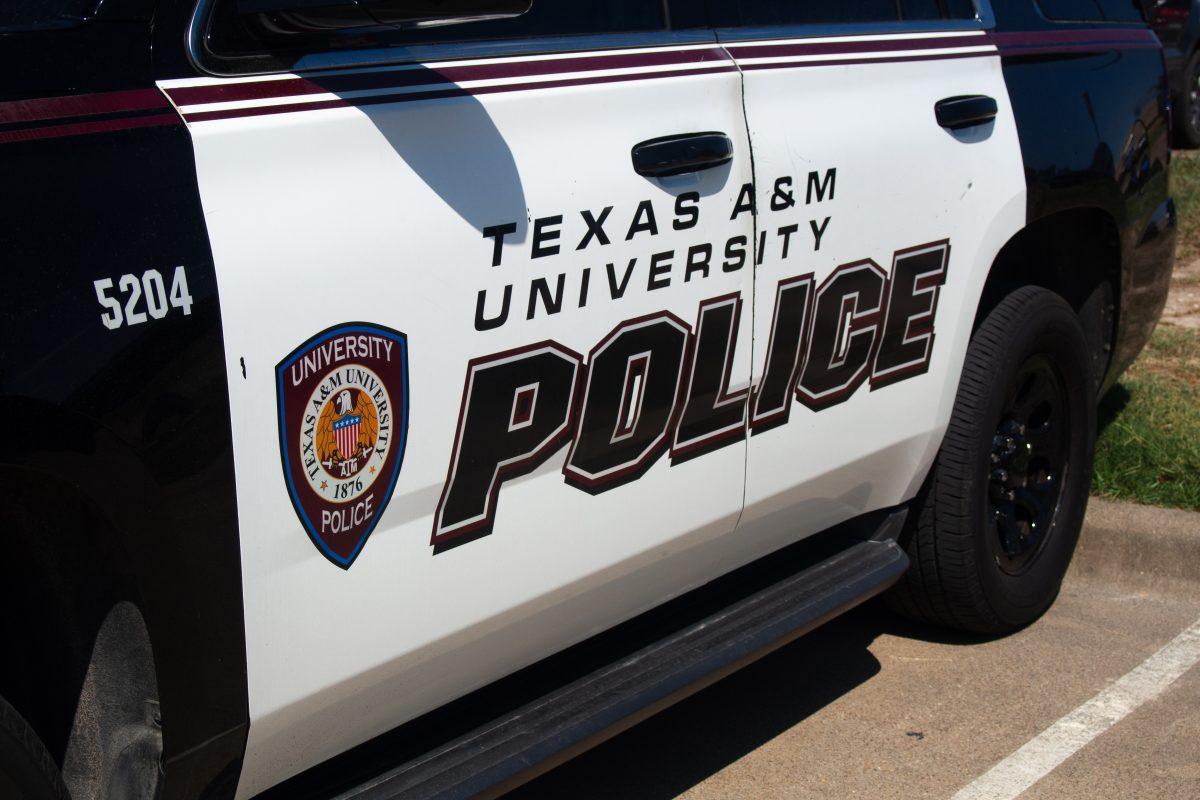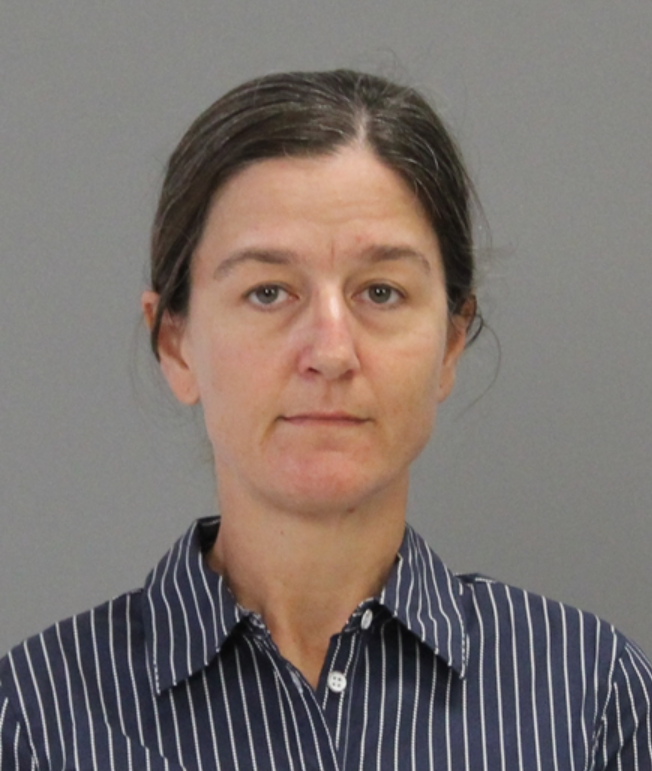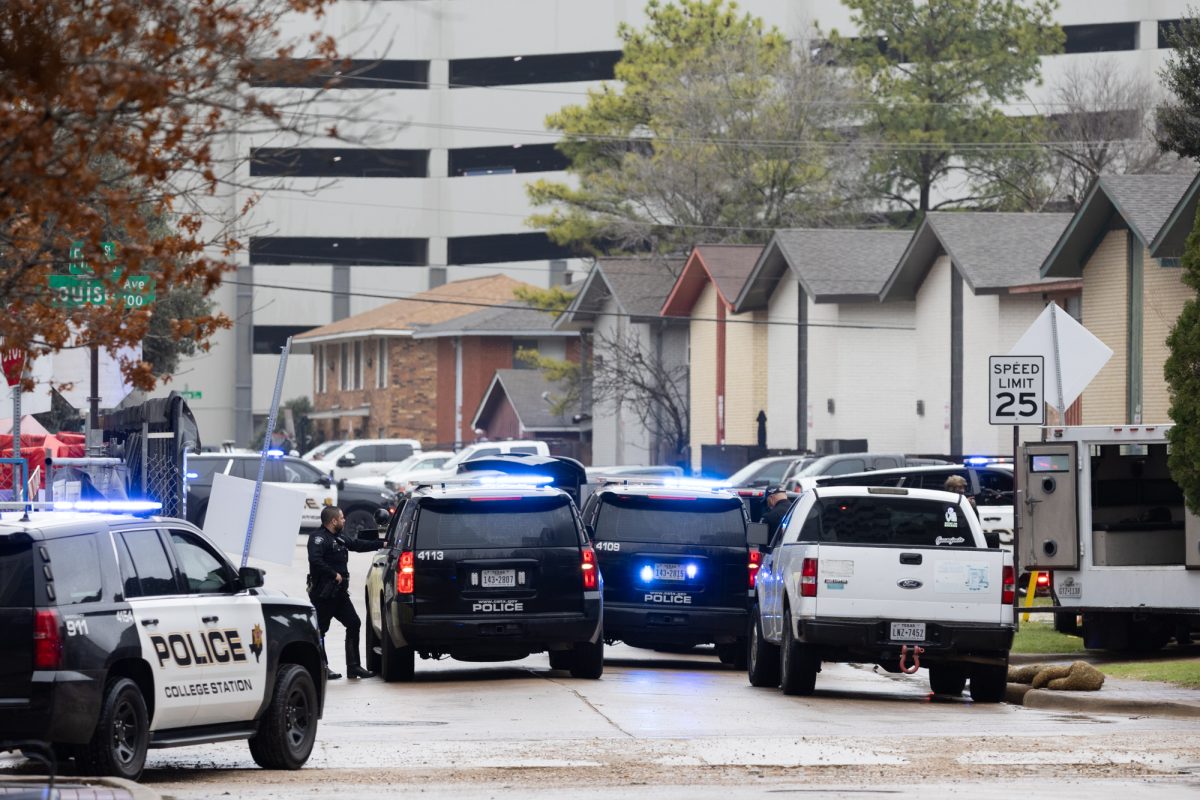Texas Gov. Greg Abbott signed S.B. 224 into law on Monday, May 29, to address the rising number of catalytic converter thefts statewide. The law went into effect on the same day.
The bipartisan bill, authored by District 6 Sen. Carol Alvarado and District 15 Sen. John Whitmire creates harsher penalties by making catalytic converter thefts a felony and grants prosecutors flexibility to treat thefts as acts of organized crime.
Amending the Texas Penal Code to consider this type of theft as a separate offense means the crime can be categorized based on the stolen property value.
If the stolen value is less than $30,000, it is considered a state jail felony. If the value exceeds $30,000, the offense can be upgraded to a third-degree felony. If the value exceeds $150,000, it becomes a second-degree felony. If the value exceeds $300,000, it becomes a first-degree felony.
Additionally, if the person who commits the theft is caught in possession of a firearm, prosecutors can upgrade the offense to the next highest level.
S.B. 224 presumes those who possess two or more catalytic converters removed from vehicles are stolen if the owner is unable to prove it is lawfully theirs, according to a bill analysis by the Texas Senate Research Center.
Anyone found in possession of a stolen catalytic converter can be charged with a felony, even if they aren’t caught in the act. However, the bill offers protections for certain businesses, such as metal recycling businesses or repair shops, that may obtain stolen catalytic converters under good faith.
In recent years, catalytic converter thefts have become a national concern. According to the National Insurance Crime Bureau, or NICB, insurance claims for these thefts have risen from 16,000 to 64,701 claims nationwide between 2020 and 2022.
In 2022, Texas ranked second in thefts, averaging 136 thefts per every 100,000 automobiles, according to data analysis from BeenVerified.
In a May 10 press release, President and CEO of the NICB David Glawe said the new data of surging thefts is only a snapshot of an underreported crime that affects communities nationwide.
“While a catalytic converter can be removed in just a few minutes, for vehicle owners, the cost is much more than the replacement parts,” Glawe said. “Victims must find alternate transportation, schedule necessary repairs and may face loss of work as a result.”
Alvarado created the bill with public safety in mind, she said in an interview with KBTX. Ultimately, she was compelled to take action after the shooting and death of Harris County Deputy Sheriff Darren Almendarez.
“He and his wife were coming out of a grocery store and interrupted three guys stealing a catalytic converter from his truck,” Alvarado said, according to KBTX. “He was shot and killed right there in front of his wife.”
In remembrance, the S.B. 224 authors named the bill the Deputy Darren Almendarez Act.
“The theft of catalytic converters has become a very organized crime,” Alvarado said, according to KBTX. “A very dangerous crime and sophisticated. It’s happening way too much. We’ll have a bill that really tackles this crime.”
















